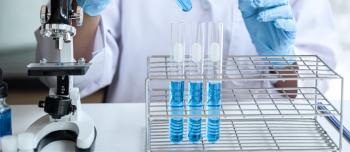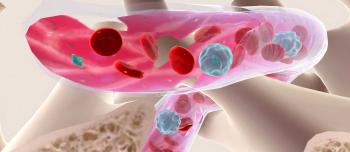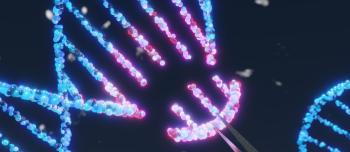Biogen Idec, the Fondazione Telethon Foundation and the San Raffaele Hospital and Scientific Institute have entered into a worldwide collaboration to jointly develop gene therapies for the treatment of hemophilia A and B. The new agreement builds on an earlier joint venture, the San Raffaele-Telethon Institute for Gene Therapy (TIGET), which is based in Milan, Italy.
TIGET was established in 1995 so that San Raffaele and Telethon could conduct gene transfer and cell transplantation research and translate its results into clinical applications of gene and cell therapies for different genetic diseases. According to a Biogen Idec press release, the new collaboration will combine TIGET’s extensive experience in developing new gene therapy strategies, with Biogen Idec’s expertise in hematologic therapies.
One of the primary components of the collaboration is TIGET’s gene transfer technology, which uses lentiviral vectors as vehicles to deliver customized genetic material to prompt a desired therapeutic response – in the case of hemophilia A or B, the production of factor VIII or IX, respectively. The technique involves taking hematopoietic stem cells (a self-renewing cell isolated from blood or bone marrow) from a patient, adding the lentiviral vector and re-infusing it into the body. Investigators deliver the lentiviral vectors to liver cells because the liver is one of the main sources for clotting factor protein production. This approach is currently being investigated for immune-hematologic and neurodegenerative diseases. The aim of TIGET is to create viable hemophilia therapies that require very few treatments, perhaps even just one, over a patient’s lifetime.
“People with hemophilia often require life-long treatment to control dangerous bleeding, but there is hope that gene therapy could one day lead to a single-dose, lasting therapy,” said Olivier Danos, PhD, Biogen Idec’s senior vice president of gene therapy. “Collaborating with the gene therapy pioneers at TIGET is an exciting step as we build a world-class platform in an effort to identify new approaches that could fundamentally change the lives of people with life-altering diseases.”
Source: Biogen Idec press release dated January 29, 2015





